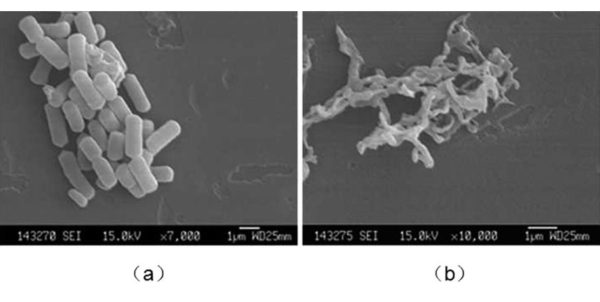

Published by Drop Seeds Not Bombs
Christina Sanchez, a molecular biologist from Compultense University in Madrid, first reported in 1998 that TetraHydroCannabinol (THC), the primary psychoactive component of cannabis, induces tumor cell suicide while leaving healthy non-tumor cells alone.
She discovered that when exposed to THC, tumor cells not only ceased to multiply and proliferate but also destroyed themselves, both in lab tests and animal trials.
A Harvard study from 2007, which remains the most comprehensive ever released on THC’s potential to combat tumors, also found that in just three weeks, doses of THC were able to cut lung cancer tumor growth in half in mice subjects and were able to reduce cancer lesions by even more.
Chemical components of Cannabis, called cannabinoids, activate specific receptors found throughout the body to produce pharmacologic effects, particularly in the central nervous system and the immune system. Commercially available cannabinoids, dronabinol and nabilone, are FDA approved drugs for the treatment of cancer-related side effects.
When inhaled or consumed, cannabis cannabinoids are incorporated into the body’s natural endocannabinoid system that regulates a lot of biological functions such as appetite, food intake, motor behavior, and reproduction among others. Because of this, tumor cells are thrust into a state of apoptosis, meaning they self-destruct.
Sanchez explains:
Cells can die in different ways, and after cannabinoid treatment, they were dying in the clean way – they were committing suicide. One of the advantages of cannabinoids is that they target, specifically, the tumor cells.
They don’t have any toxic effect on normal, non-tumor cells. And this is an advantage with respect to standard chemotherapy, which targets basically everything. I cannot understand why in the US cannabis is under Schedule I, because it is pretty obvious, not only from our work, but from the work of many other researchers, that the plant has very wide therapeutic potential.
The federal government recently admitted that cannabis is effective in shrinking certain types of cancer cells. The unexpected and groundbreaking declaration was made in a recent update to a National Institute on Drug Abuse information sheet on medical marijuana. The NIDA statement read: Recent animal studies have shown that marijuana can kill certain cancer cells and reduce the size of others.
Evidence from one animal study suggests that extracts from whole-plant marijuana can shrink one of the most serious types of brain tumors. Research in mice showed that these extracts, when used with radiation, increased the cancer-killing effects of the radiation.
more recommended stories
 Fentanyl Seizures at Border Continue to Spike, Making San Diego a National Epicenter for Fentanyl Trafficking
Fentanyl Seizures at Border Continue to Spike, Making San Diego a National Epicenter for Fentanyl TraffickingFentanyl Seizures at Border Continue to.
 Utah Man Sentenced for Hate Crime Attack of Three Men
Utah Man Sentenced for Hate Crime Attack of Three MenTuesday, August 8, 2023 A.
 Green Energy Company Biden Hosted At White House Files For Bankruptcy
Green Energy Company Biden Hosted At White House Files For BankruptcyAug 7 (Reuters) – Electric-vehicle parts.
 Former ABC News Reporter Who “Debunked” Pizzagate Pleads Guilty of Possessing Child pδrn
Former ABC News Reporter Who “Debunked” Pizzagate Pleads Guilty of Possessing Child pδrnFriday, July 21, 2023 A former.
 Six Harvard Medical School and an Arkansas mortuary Charged With Trafficking In Stolen Human Remains
Six Harvard Medical School and an Arkansas mortuary Charged With Trafficking In Stolen Human RemainsSCRANTON – The United States.
 Over 300 People Facing Federal Charges For Crimes Committed During Nationwide Demonstrations
Over 300 People Facing Federal Charges For Crimes Committed During Nationwide DemonstrationsThe Department of Justice announced that.

